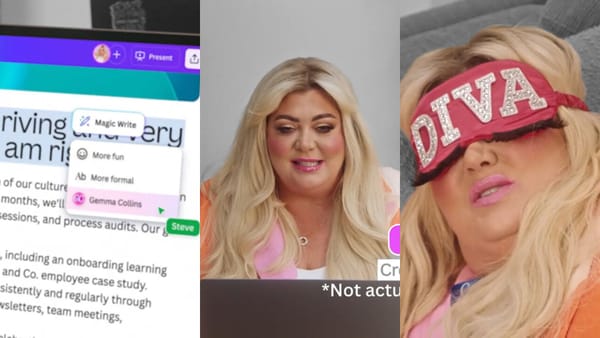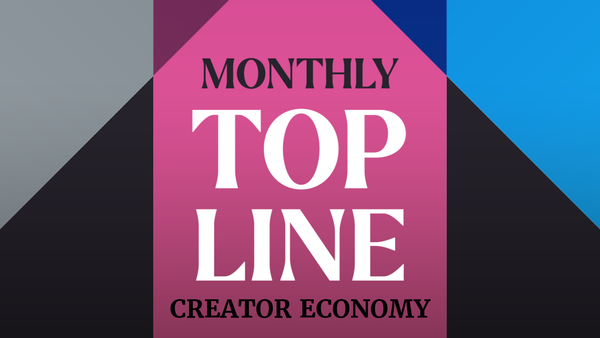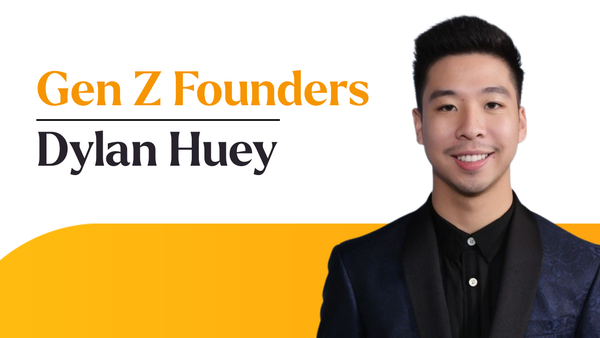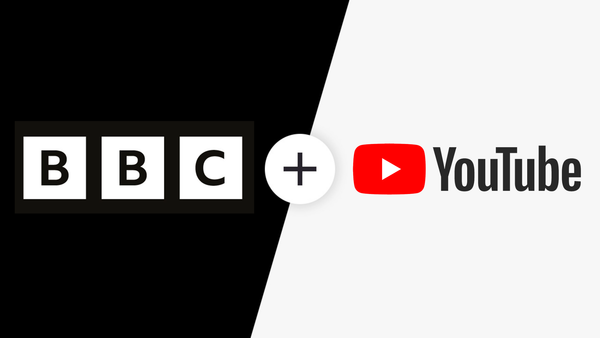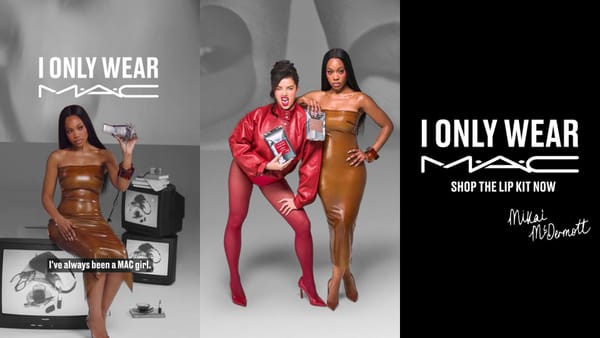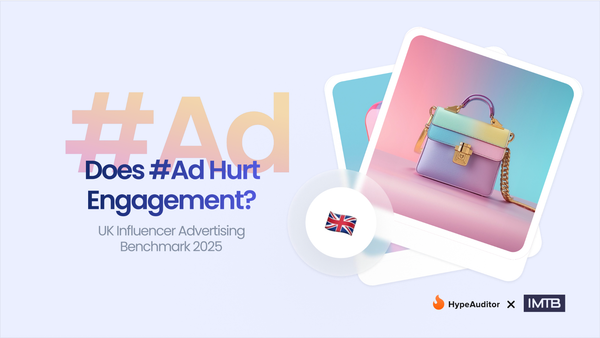You’re a creator. You produce content for a loyal audience. Your following attracts the attention of brands and they approach you for a partnership. Fantastic! This is what every creator wants. Now, you can keep creating and pursuing your passions. Eagerly, you accept the brand’s offer and sign the dotted line.
Does this sound familiar to you?
The creator hustle isn’t easy. Especially as the space becomes more saturated, many creators with a smaller following would feel blessed the first time an agency or advertiser pitches them a deal.
However, you should be cautious. Jumping into a partnership with a brand can be like jumping into a pit of quicksand. That contract you’ve just been emailed could be a hornet’s nest.
Historically, creators have been lured into unfair agreements with advertisers. Often, creators aren’t business or legal experts and may not have the funds to hire an expert to comb through the technicalities, so entrapments and pitfalls can occur.
One effort that was set out to counteract this was the short-lived Internet Creators Guild (ICG), established by popular YouTuber Hank Green in 2016. A primary concern of the ICG was helping creators navigate brand deals and better understand the barbed jargon they came wrapped in.
“Every sentence in a contract has a purpose… It’s pretty safe to assume that if you didn’t draft a sentence, then it’s not in your favor,” they wrote in a blog post.
After three years, the guild disbanded, but its mission statement still resounds to this day. Micro- and nano-influencers need to protect themselves from dodgy contracts, which is why we’ve put together this list of six contract terms that creators should be wary of.
To help with this round-up, we spoke with two experts in the field, who have been in the trenches of creator contracts for some time. Jessica Morrobel is a creator based in NYC who makes popular travel and haircare content across multiple platforms. Beckii Flint is a veteran influencer who has been creating content online for almost two decades and has co-founded the agency Pepper.
Here’s what they had to say.
Exclusivity clauses
Jessica Morrobel: “As a creator, I need to make sure that a brand's exclusivity period is reasonable and doesn't box me in. Long exclusivity can seriously curb your income opportunities and limit your creative freedom. Always negotiate these terms to ensure they don't stifle your growth or potential collaborations.”
Payment terms
Beckii Flint: “Check the payment terms of the project. It's often in small writing, and you may finish the project, submit your invoice, expect to be paid, and are told that it will be months until the terms are due to pay you.
“It's reasonable to be paid within 30 days of completing your work. Act with caution if the terms are longer than this – you can sometimes negotiate to receive a portion of the fee up-front if you have worries, and the rest on completion.”
Usage rights & licensing
JM: “Pay close attention to usage rights. You need to know exactly how and where your content will be used and for how long. Anything in perpetuity can be considered a red flag, and you don't want to sign away the rights to your hard work indefinitely without being adequately rewarded.”
BF: “Ensure your licensing rights are protected. Often, brands will have the budget to purchase the rights to use your content separately, so you can charge for this. Even when you are charging, be wary of global, perpetual rights, as these come at a very high value. You should only be signing rights for a set amount of time, set a cap on spending, and set placements and territories.”
Approval processes & amends
JM: “As a creator, it's so important to understand the brand's approval process thoroughly. Lengthy and complicated approval procedures can delay your projects and create unnecessary stress, so make sure there’s a clear and reasonable timeline for feedback and approvals.”
BF: “Establish expectations around following the brief and allowing amendments before you proceed. Otherwise, you could get caught up in multiple reshoots and edits which will eat up a lot of your time – and your patience! Storyboarding or submitting treatments or scripts in advance is a great way to ensure everyone's expectations are managed.”
Indemnification clauses
This type of clause in a contract requires one party to compensate the other for specific losses or damages, such as legal fees or third-party claims, arising from certain actions or breaches. These clauses allocate risk and provide financial protection against potential liabilities.
JM: “These clauses can be a minefield. Be cautious of clauses that could hold you liable for various claims or damages and ensure the terms are balanced and that both parties are accountable for their actions and content. A great legal team can help protect your brand, but always read these clauses carefully.”
Cancellation
BF: “If a project needs to be cancelled, you should protect your right to be paid for the work you have done already on the project. Consider carving out caveats which will owe you a pro-rata or proportion of the fee if you have created content to a certain point before the client cancelled.”
Good luck
Take note of these terms and don’t be afraid to question advertisers about contracts. If you’re entering a serious partnership, you want a foundation of honesty and mutual understanding.
Ensure everyone is on the same page and ready to work in synergy. Once any kinks are ironed out, you can start collaborating with brands and furthering your career in relative peace.
Stay safe out there, creators.



